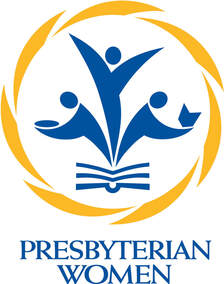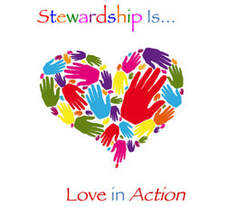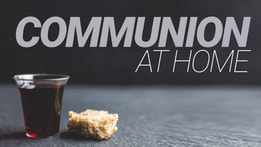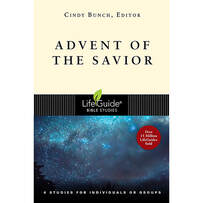As I write this, I am reminded that I am writing pre-November 3rd. I do not know what you will know when you open this newsletter, which candidate for president has won the election. And I do not know what reactions will happen, though I pray for peace and calm to prevail.
This moment reminds me of many other moments in my own lifetime, moments when I did not know what the future would hold.
The first was when I was seventeen, sitting by the window on an ordinary Sunday afternoon in May1980, and watching ash fall from the sky. We didn’t know if it was toxic. We didn’t know if we could drive in it, or if it would damage our vehicles. (We later learned that it did clog engines and scratch windshields). We didn’t know if schools would be closed, if events would be cancelled or postponed. It was an uncertain moment.
The most recent time I recall was when we first learned that COVID-19 had arrived in a Kirkland care center. What might that mean for us? Would our lives change? We are still living in that uncertain time. I have made over 30 cotton facemasks. And we are still waiting to return to worship in the sanctuary.
At our Presbytery’s Verge 3.0 conference in October, I had the opportunity to listen to Susan Beaumont speak about her book, “How to Lead When You Don’t Know Where You Are Going.” In her presentation she reminded us that the traditional ways of leading – with clear direction, a five-year plan, and expectations that we will excel in this effort – just don’t work in times of uncertainty. Instead, she suggested that good leaders become comfortable with not having all the answers just yet; remembering to be present to ourselves, others, and to God; and acknowledging that we may be in this time of uncertainty for a while- and this uncertain time may have something to teach us.
Who in Scripture was faced with uncertainty? There are many examples to choose from. Moses in the desert of Sinai for what turned out to be 40 years. Ruth and Naomi, wondering what would happen to them following the death of their husbands. Mary, wondering about her pregnancy with Jesus. The disciples, following the crucifixion of Jesus. Or my favorite in this context, the persecutor, Saul, who was struck blind by the light of Christ. Blinded, and charged with heading into a city he could no longer see to find, Saul began his journey toward faith in Christ. His companions, who did not see the light or hear the voice, took Saul into the city of Damascus. Then, in Acts 9:9 we read, “For three days he was without sight, and neither ate nor drank.” He was waiting, as instructed, to be told what to do next. Can you imagine the uncertainty and anxiety? I would have wondered if I was crazy. My companions would probably have become very impatient with me. But, he does wait, and Ananias appears, being instructed in his prayers to do so. Ananias heals Saul through his prayers, and teaches him the good news of Jesus. Saul, also known as Paul, becomes a great witness to faith in Jesus.
In our present moment of election and pandemic uncertainty, let’s look to the scriptures. Remember that God is faithful. Give thanks for all the times that God has been faithful in your life, and use those memories as encouragement to trust in God’s faithfulness today. Remember the trials God’s people have gone through over the centuries - and know that we are not exempt from such trials. Challenging times and situations will arise. Just as God was with Moses and the people of Israel in their 40 years of wanderings, God is with us as well. Finally, don’t forget to take time to give thanks and praise to God. Look outside – see the trees in all their fall splendor, and give thanks. On a clear night, notice the moon and the stars, and give thanks. And whether on Zoom or in real life, give thanks for each person you see this day, that they are a unique, beloved child of God.
In Christ,
Pastor Amy






 RSS Feed
RSS Feed